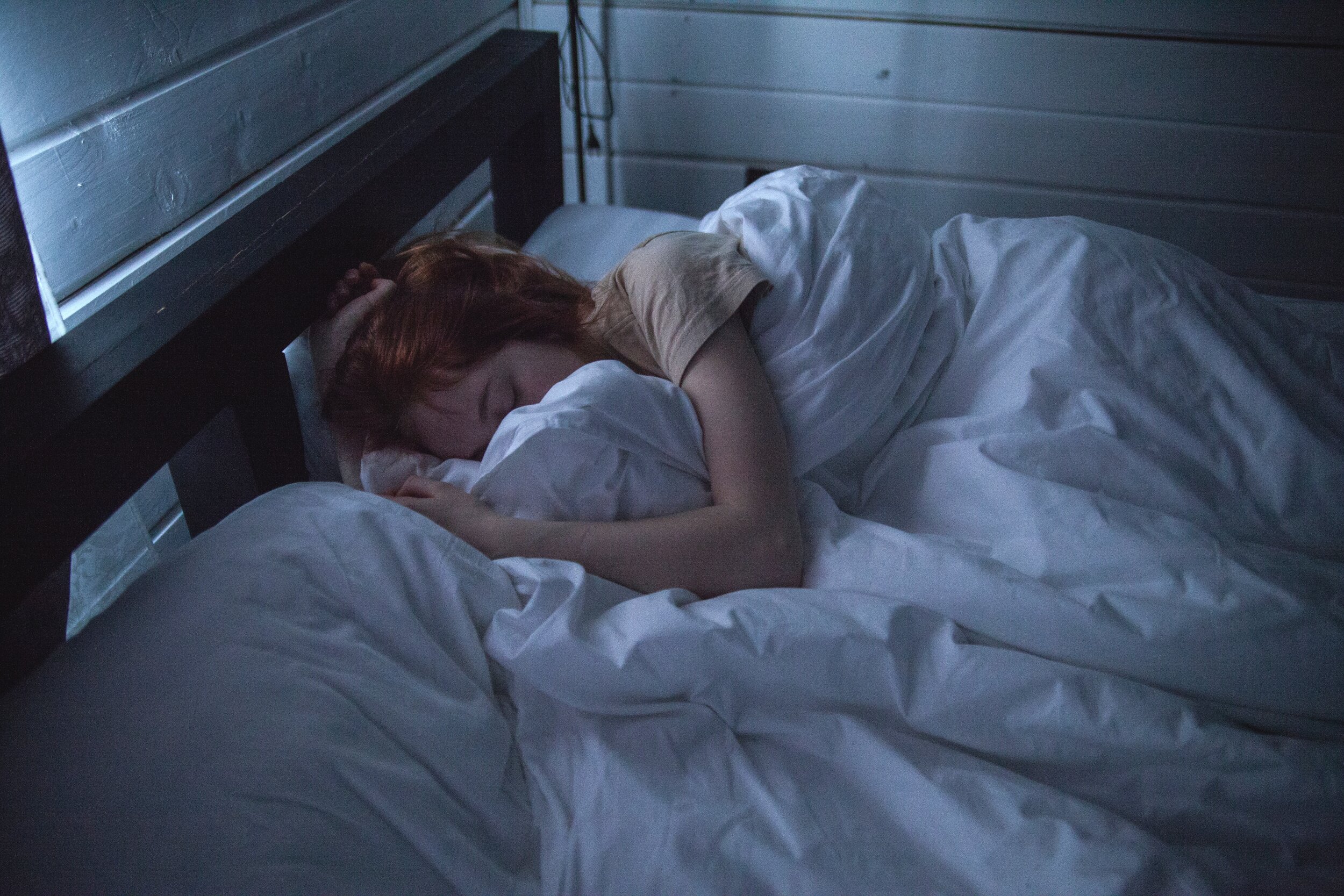Master your sleep to be more calm & alert when awake
Best nootropic (way to enhance cognitive function): sleep
Best stress relief: sleep
Best trauma release: sleep
Best immune booster: sleep
Best emotional stabiliser: sleep
When you're in the midst of suffering from insomnia, I found reading that data simply infuriating. Especially as I could feel how true it was! I knew that up to a fifth of adults in the UK - of all ages - report troubles falling asleep every night*, but that didn't make me feel any better.
For over a decade I struggled to fall asleep. I'm not completely sure that I understood the trigger for my problem, as I used to fall asleep just fine for many years, but I know that whatever I tried didn't seem to work. The more I tried, the worse my sleep became.
I tried going to bed early, thinking that if I spent two hours not sleeping, at least I would eventually get the amount of sleep I needed. But that route simply made me more frustrated than ever that I was wasting so much time.
I tried going to bed later, which didn't work either, as I became increasingly tired. I tried getting up when I couldn't sleep and doing something else. I then used the Sleepio app, which is scientifically proven to improve your sleep, and that helped for a while.
Then Justin recommended Why We Sleep by Matt Walker. This book shifted my mindset and gave me new tools to try.
For a shortcut to reading the whole book, you may enjoy this episode on The Huberman Lab Podcast. As one of Justin's go-to podcasts on neuroscience (and how our brain and its connections with the organs of our body controls our perceptions, our behaviours, and our health), I found their practical discussion really helpful.
(You can also listen to this episode on Apple Podcasts.)
And my sleep today? The tips in Matt Walker's book certainly helped me to improve the speed at which I fell asleep, but it was a suggestion from my physiotherapist that had the most impact for me. It came down to breathing.
The power of the breath
So what's the 'trick'?
Simply sit up slightly in bed with your eyes open, looking up to the ceiling (the trick is to make your eyes feel heavy almost instantly). Take a fairly sharp, rapid intake of breath through the nose, then very slowly release the breath, again out of the nose, quietly counting each small exhalation, until the breath is completely expired. In fact, you need to be almost gasping for the next breath. Then repeat. And keep looking up to the ceiling.
Eventually - maybe after 10 minutes initially, but as your brain recognises the trigger that this routine means it's time to fall asleep, it may take just a few breaths - your eyes will feel so heavy that you cannot help but allow them to close. Then it's time to snuggle down and fall asleep.
There are still occasions when I struggle, but they are the exception, not an everyday occurrence.
If insomnia is a challenge for you, I hope some of the tools above work for you and I wish you luck on your journey towards a more restful night.
*Source: https://www.formulatehealth.com/blog/insomnia-statistics-uk-how-many-people-have-sleep-problems

